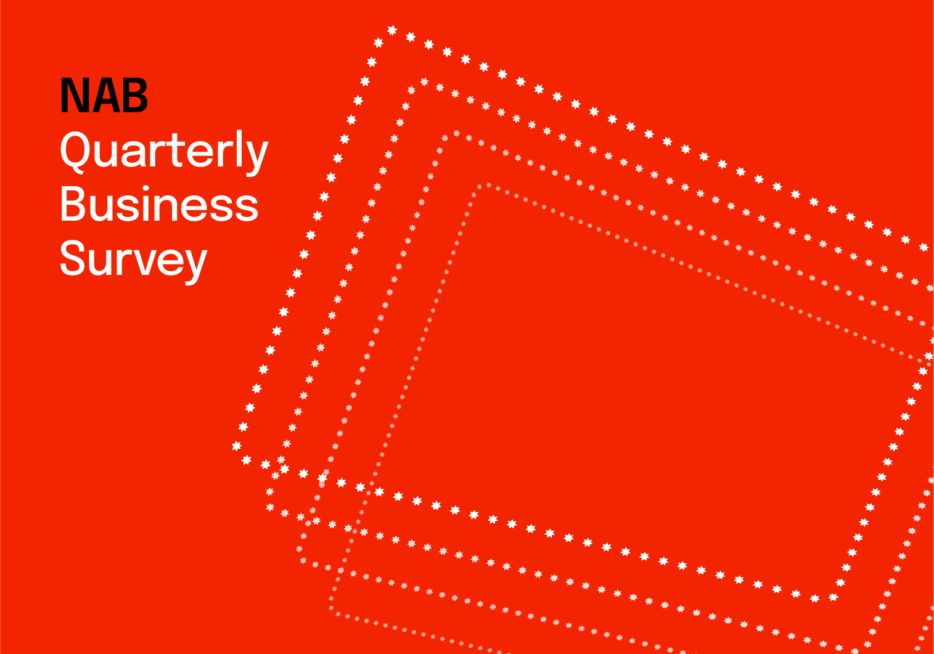Price growth edges lower despite reasonable economy

Insight
Political refugee Luz Restrepo’s struggles settling in Australia led to her setting up the social enterprise SisterWorks that’s helping vulnerable women with an asylum seeker, refugee and migrant background.
When political refugee Luz Restrepo arrived in Australia in 2010, she struggled to learn a new language, integrate into Australian society and regain the economic independence she enjoyed working as a business consultant and university lecturer in her homeland Colombia.
SisterWorks, the Melbourne collective she founded to help her to help herself, has become a social enterprise that’s now assisting dozens of women with an asylum seeker, refugee and migrant background in overcoming similar challenges.
The not for profit venture enables its members – Sisters – to gain the social and business skills they need to establish and manage sustainable micro-businesses and become more economically self-sufficient.
Many migrant women have the odds stacked against them when they arrive in Australia, as Restrepo discovered when she began frequenting local community centers in 2011.
“When families or groups make a forced migration, the most vulnerable people are the women who are in charge of looking after the family,” she says.
“Men, they move forward very quickly, and children learn English very quickly. My daughter who arrived with me, she was 11 and she spoke English in three months.
“When I started to go to the community centres, I began to meet women in the same situation as me – they had no communication skills and had lost confidence. We arrive here and we are nobody. At the same time, these women had a lot of social issues – depression, isolation and domestic and social violence.”
The prospect of being able to do something for others gave Restrepo the impetus she needed to improve her situation.
“I thought ‘OK, Luz, this is your future; if you want to change your future, you can start here’,” she says.
“I told myself, ‘you have little English, they have little English, you have few business connections and they have few connections – we will work together’.”
The founding group of 25 women from Africa and the Middle East began making handicrafts together – one of the few income-generating options open to them, given the paucity of resources at their disposal.
The project morphed into a fully-fledged not-for-profit venture in May 2013, with the help of volunteers who donated their legal, marketing, fundraising and administration expertise. Being at the helm was daunting and exciting initially but staying focused on the organisation’s goals and ‘hastening slowly’ have been management strategies that have served Restrepo well.
“Passion, persistence and patience – Rome wasn’t built in a day,” she says.
“Continuous innovation and ongoing research can also help you discover new ways to make things happen.” Being willing to roll up your sleeves and tackle whatever needs doing is also vital when you’re endeavouring to get – and keep – a shoestring not-for-profit enterprise off the ground, Restrepo adds.
“Meaningful work empowers women and the best way to learn is by doing.”
An encounter with NAB Labs project lead Janett Egber in early 2014 resulted in access to office space in The Village, NAB’s co-working space for small business customers in Melbourne’s Docklands. The NAB connection has also provided the Sisters, who currently number 75 women from 24 countries, access to coaching and mentoring from a clutch of NAB volunteers, including Egber.
“From that very first day I was impressed by Luz’s story and by her drive and passion for supporting other women immigrants and refugees to start their micro-businesses and help them feel like valued members of the community,” Egber says.
“As her enterprise has grown I’ve tried to make the time to continue to support her in whichever way I can in her journey – it’s my way of giving something back and contributing to a great cause.”
Many of the lessons she and others have imparted to the Sisters have covered back-to-basics business concepts and skills – for women who’ve previously had no opportunity to learn them.
“The majority of the women that we work with, they are housewives who’ve never worked in their home country and they don’t know about business,” Restrepo says.
For some Sisters, like former Rwandan refugee Saida, who spent 17 years in refugee camps with her husband and two children, joining the group has been the impetus for her to study English, learn vocational qualifications and learn to drive. Others like Iraqi grandmother Ronya, who was raised in a traditional village where women’s lives centred around the home, have had their first taste of being remunerated for their efforts.
For her part, Restrepo says the helping hand she’s extended to other vulnerable women has helped her find her own feet – and rediscover her mojo – in the country she now loves to call home.
“I am so lucky to be in Australia and so lucky to have the opportunity to develop something meaningful for these women and our society,” she says. “I am proud to be with the group and to help them to remain in the community and become people who can contribute to our society.
“I feel like I can be part of changing the world, through the development of these enterprises … for me, it has changed my life.”
More from NAB:
© National Australia Bank Limited. ABN 12 004 044 937 AFSL and Australian Credit Licence 230686.